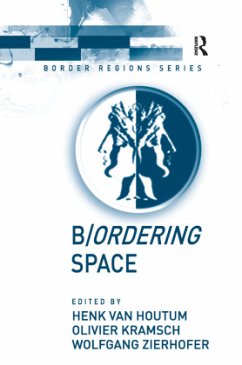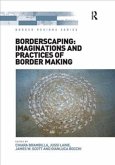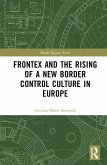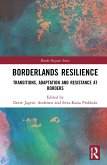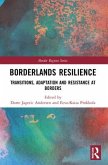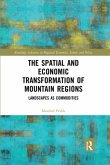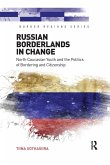In the wake of globalization, numerous social scientists are turning to concepts of mobility, fluidity and hybridity to characterize a presumed de-territorialization and de-bordering of contemporary social and economic relations. This book brings together a select group of internationally renowned human geographers to explore the use of these concepts in relation to space, place and territory. In doing so, they (re)situate the subject of borders as active socio-spatial processes from a variety of theoretical perspectives. The contributors link debates on borders to discussions within the wider sphere of cultural studies, notably those addressing themes of migration, post-colonialism, the formation of national/regional identities and radical democratic practice. The chapters focus on those discursive practices that constitute 'bordered' geographical entities in the first instance through differentiated regimes of discourse. The book thus transcends the narrower field of borderlands research by building bridges to other domains of enquiry within political and human geography.
'Drawing and marking spatial boundaries is one of the fundamental ways in which human societies organize themselves. Finally with this volume we have a critical synthesis between empirical studies of political boundaries and theoretical reflection on the various social practices of bordering. I expect this book to have a significant impact on future research and in the classroom.' John Agnew, UCLA, USA. 'Nailing the myth of a borderless worldonce and for all, this fascinating mix of authors take the geographer's traditional concern for borders into a myriad of new and subtle directions. The message that borders are inherent to contemporary globalization practices and discourses needs to be heard beyond geography. This book is essential reading for all scholars of globalization.' Professor Peter Taylor, Ghent University, Belgium.

